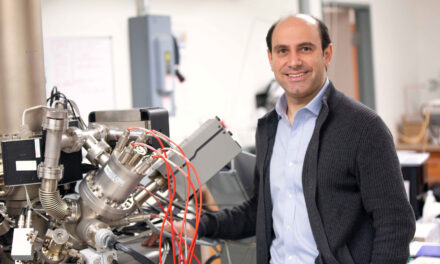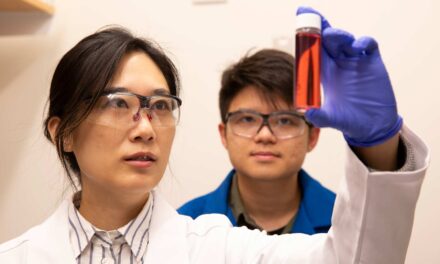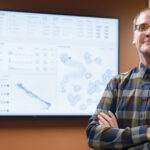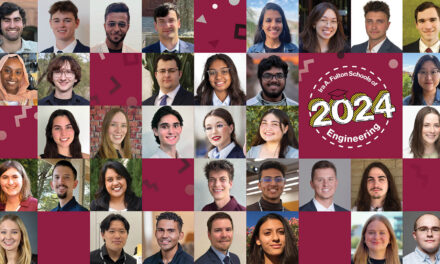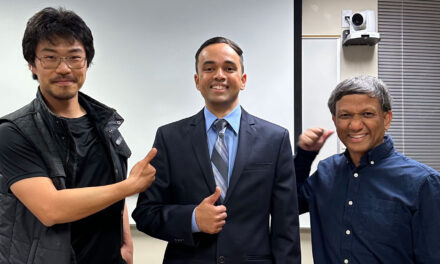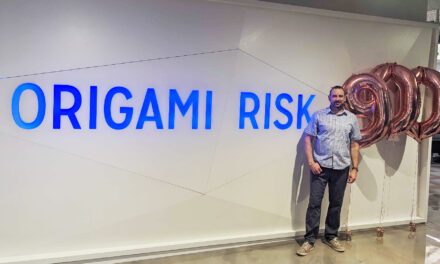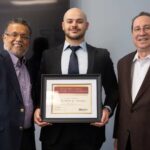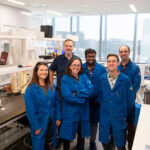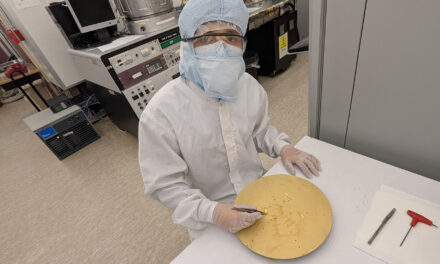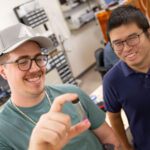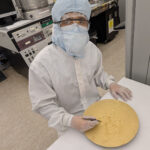
Rittmann receives high honor from civil engineering society
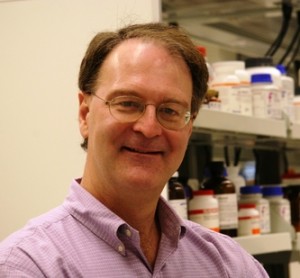
Professor Bruce Rittmann is a leader in the field of environmental biotechnology.
Posted October 25, 2012
Arizona State University Regents’ Professor Bruce Rittmann is now a “Distinguished Member” of American Society of Civil Engineers (ASCE), recognized “for exemplary advances to research and practice in environmental engineering, contributions to the technical literature, education of students, and professional leadership around the world.”
Rittmann is on the faculty of the School for Sustainable Engineering and the Built Environment, one of ASU’s Ira A. Fulton Schools of Engineering. He is also director of the Swette Center for Environmental Biotechnology at ASU’s Biodesign Institute.
An ASCE Distinguished Member honor is bestowed on those who have attained acknowledged eminence in a branch of engineering or in the arts and sciences, including the fields of engineering education and construction.
Rittmann is a leading expert in development of microbial systems to capture renewable resources and alleviate environmental pollution. His research combines microbiology, biochemistry, geochemistry and microbial ecology for the purposes of restoring water purity and generating usable energy from waste products.
Rittmann is known for pioneering the development of biofilm fundamentals and contributing to their widespread use in the cleanup of contaminated water, soils, and ecosystems.
The membrane biofilm reactor (MBfR), a technology Rittmann invented, uses naturally occurring microorganisms to remove contaminants such as perchlorate and tricloroethene from water. He holds five patents on the technology, which is being commercialized by APTwater, Inc.
Rittmann is at the lead of ASU teams using two innovative approaches to developing renewable bioenergy: using anaerobic microbes to convert biomass to useful energy forms, such as methane, hydrogen, or electricity; and using photosynthetic bacteria that can capture sunlight to produce new biomass that can be turned into liquid fuels, such as diesel or jet fuel.
The links between microbes and human health also are being explored through collaboration with the Mayo Clinic. Rittmann’s group explores how microorganisms in the human intestine contribute to obesity, which may lead to ways to regulate the microbial communities in ways that mitigate excessive weight gain.
Rittmann joined 10 others in the Class of 2012 Distinguished Members at the ASCE Annual Meeting in Montreal, Canada on Oct. 18-20. Founded in 1852, organization represents more than 140,000 members of the civil engineering profession worldwide and is America’s oldest national engineering society.
This latest accolade adds to Rittmann’s long list of honors. He is a member of the National Academy of Engineering and a Fellow of the American Association for the Advancement of Science. He is an International Water Association Fellow, and winner of the Simon W. Freese Environmental Engineering Award, the Walter L. Huber Civil Engineering Research Prize from ASCE, the University Scholar Award from the University of Illinois, and the Presidential Young Investigator Award from the National Science Foundation.
Other notable achievements include the National Water Research Institute’s Clarke Prize for Outstanding Achievement in Water Science and Technology and ASU’s Faculty Achievement Award in Defining Edge Research, Natural Sciences/Math.
Rittmann is one of the world’s most cited researchers, according to the Institute for Scientific Information, and is a prolific author, having written more than 500 professional papers and books.
His textbook, Environmental Biotechnology: Principles and Applications, is used by universities throughout the world.
See a video about Rittmann’s accomplishments.
Media Contacts:
Joseph Caspermeyer, [email protected]
(480)727-0369
Biodesign Institute
Joe Kullman, [email protected]
(480) 965-8122
Ira A. Fulton Schools of Engineering


